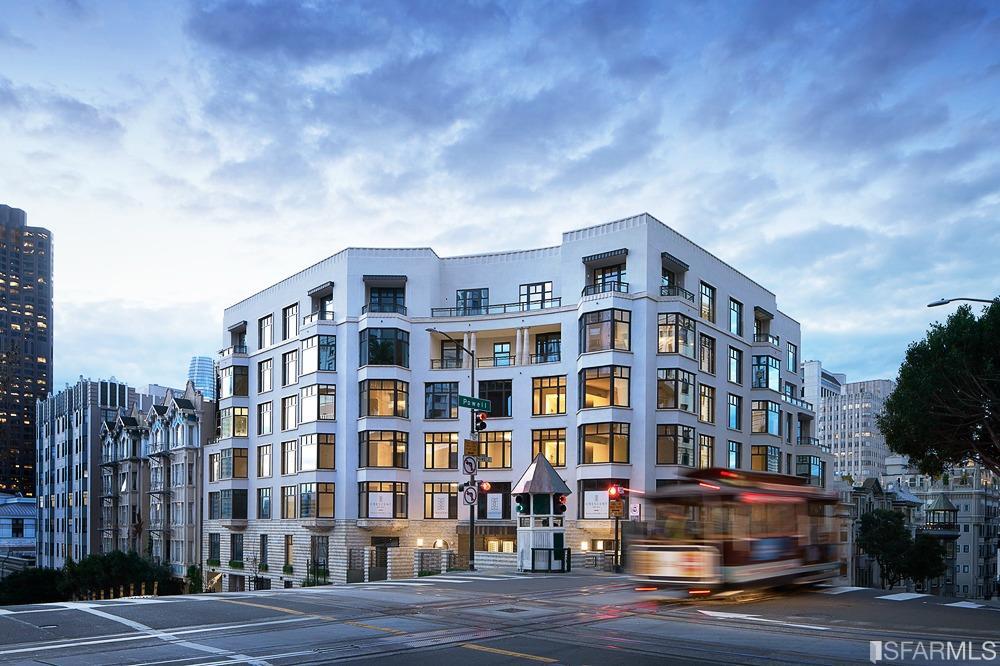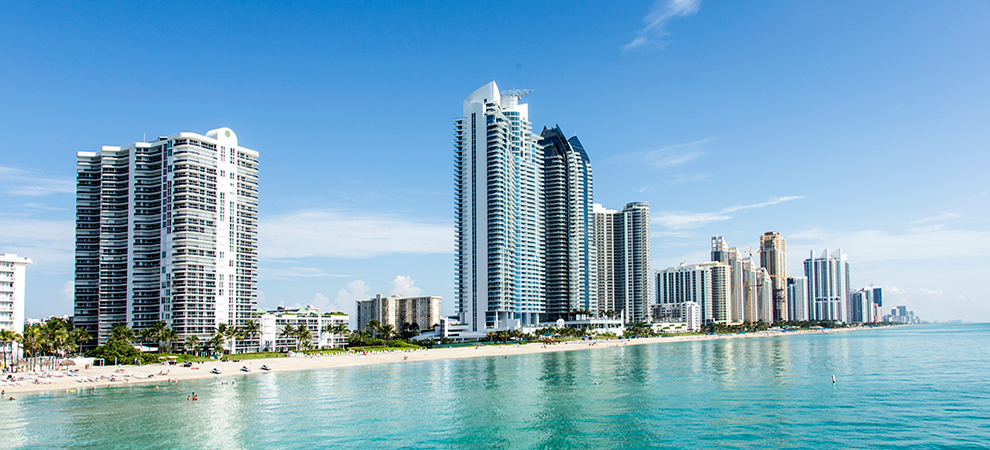HOA Condo Living: Searching For Your Perfect Neighborhood
HOA Condo Living: Searching For Your Perfect Neighborhood
Blog Article
The Role of an HOA in Establishing and Enforcing Community Guidelines for Residents
The role of a Homeowners Organization (HOA) in establishing and implementing area guidelines is fundamental to keeping a orderly and cohesive domestic environment. By developing clear rules that govern elements such as residential or commercial property upkeep and community conduct, the HOA not only sets requirements for locals but likewise promotes a feeling of belonging and accountability.
Comprehending Home Owners Organizations
Homeowners organizations (HOAs) work as controling bodies for household communities, playing an important duty in keeping property worths and fostering a feeling of neighborhood. Generally developed by developers, HOAs are composed of house owners within an assigned area who choose a board to supervise the organization's tasks. The main features of an HOA consist of applying area guidelines, managing common areas, and organizing neighborhood occasions.
HOAs run under a collection of regulating papers, consisting of commitments, problems, and limitations (CC&R s), which detail the civil liberties and obligations of house owners. These laws aim to make sure that properties are kept to a specific requirement, therefore shielding the visual appeal and total value of the area. Additionally, HOAs usually collect dues from home owners to money maintenance, landscape design, and other social work.
The presence of an HOA can substantially affect the living experience within a neighborhood (hoa condo). While some citizens appreciate the structured environment and amenities supplied, others might find certain regulations restrictive. Stabilizing the rate of interests of all house owners is essential for an HOA to work properly, guaranteeing that it offers its designated purpose of improving community living while respecting individual home owner civil liberties
Establishing Neighborhood Standards

To begin, an HOA should perform studies or hold meetings that enable homeowners to articulate their tips and issues. This participatory procedure cultivates a sense of possession and enhances compliance. Next, the HOA board need to assess the comments to recognize usual motifs and priorities that warrant formal inclusion in the guidelines.
It is likewise vital to guarantee that the guidelines are clear, succinct, and easily comprehended. Obscurities can cause misunderstandings and problems, weakening the purpose of the standards. The standards need to be thorough, covering various elements of community living, including residential property upkeep, noise degrees, and use of common locations.
Enforcement of Rules
Reliable enforcement of neighborhood guidelines is important for keeping order and guaranteeing that all homeowners follow the established standards. An HOA should implement an organized strategy to enforce these guidelines, which typically includes a combination of surveillance, interaction, and fines for non-compliance.
First, normal assessments and area patrols can help identify offenses, making certain that policies are consistently applied throughout the area. This positive surveillance allows the HOA to deal with problems prior to they intensify, promoting a feeling of accountability amongst homeowners.
2nd, clear interaction is essential. Residents should be educated of the policies and the procedures for reporting offenses. An open line of interaction urges locals to voice problems and look for clarification on guidelines, which can boost compliance.
Finally, when violations happen, the HOA needs to implement consequences as laid out in the controling documents. This might consist of warning letters, fines, or, in serious cases, lawsuit. It is essential that charges are applied relatively and continually to preserve count on within the area. By efficiently implementing policies, an HOA can cultivate a harmonious living environment that shows the cumulative worths of its residents.
Benefits of HOA Rules
Various advantages emerge from the implementation of HOA laws, which serve to improve the lifestyle within an area. One primary advantage is the upkeep of residential property values. By imposing criteria for visual appeals and upkeep, HOAs make certain that homes and usual areas remain appealing, fostering a preferable living atmosphere that can lead to raised building values gradually.
In addition, HOA guidelines promote consistency and harmony within the area. This coherence in design and maintenance helps to create a sense of belonging amongst locals, contributing to neighborhood pride and a favorable environment. Established standards promote problem resolution among neighbors by offering clear expectations and protocols for actions, thereby minimizing disputes.
One more substantial advantage is the stipulation of shared services and solutions. Many HOAs take care of community centers such as parks, clubs, and pools, which enhance leisure possibilities for locals. These facilities not only enhance the top quality of life yet also urge social communication.
Inevitably, the laws stated by an HOA cultivate a well-organized, unified area, guaranteeing that citizens delight in a high criterion of living while cultivating a helpful atmosphere for all homeowners.
Usual Difficulties Dealt With by HOAs
Among the advantages discover here that property owners associations (HOAs) can supply, they likewise experience a variety of difficulties that can prevent their performance. Several house owners might not get involved in conferences or community tasks, leading to a separate between the HOA board and residents.
An additional difficulty is the enforcement of laws and policies. Conflicts can arise when residents feel that enforcement is inconsistent or biased, potentially resulting in disputes within the community. In addition, HOAs often encounter financial restrictions, which can limit their capacity to preserve usual locations or fund community projects. More Info This can create dissatisfaction amongst citizens who expect high standards of maintenance.
Moreover, browsing lawful complexities can be discouraging for HOAs. They should make sure conformity with state legislations while handling their own controling records, which can be a source of confusion. Advancing and transforming demographics area needs need HOAs to adjust their standards, commonly fulfilling resistance from long-lasting locals that are accustomed to traditional standards. Addressing these difficulties is important for cultivating a unified and flourishing neighborhood.
Conclusion

By formulating clear guidelines that control elements such as residential property upkeep and community conduct, the HOA not just sets criteria for locals yet also fosters a sense of belonging and accountability.Homeowners associations (HOAs) offer as regulating bodies for property areas, playing a critical function in keeping home values and cultivating a sense of area. Numerous house owners may not get involved in meetings or area tasks, leading to a detach in between the HOA board and citizens. Evolving and changing demographics area needs require HOAs to adjust their guidelines, typically fulfilling resistance from long-standing residents who are accustomed to typical norms. more Through the advancement of clear policies and regular enforcement, HOAs promote building maintenance, area satisfaction, and trust fund among homeowners.
Report this page